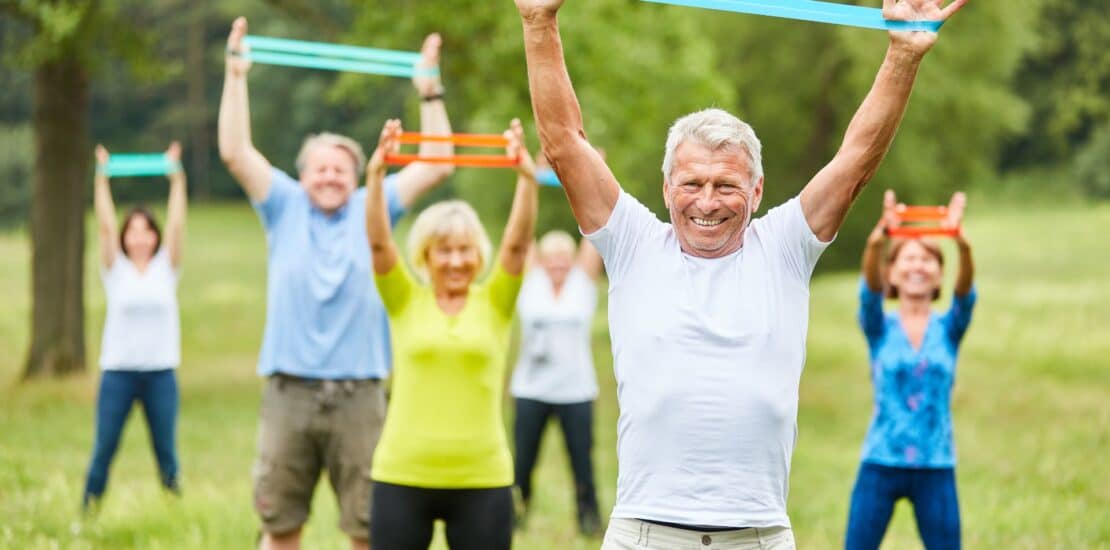Osteoporosis Prevention: How Resistance Training Supports Bone Density
- October 11, 2024
- Posted by: Kathryn Orbigozo
- Category: Uncategorized

Osteoporosis is a prevalent condition that affects millions of people worldwide, particularly older adults. Characterized by decreased bone density and increased fragility, osteoporosis significantly heightens the risk of fractures, often leading to severe complications. The main causes of osteoporosis include age-related hormonal changes, particularly a decline in estrogen levels in women post-menopause, insufficient calcium and vitamin D intake, sedentary lifestyles, and certain medical conditions or medications that affect bone health.
As we age, maintaining bone density becomes increasingly crucial. One effective way to combat the effects of osteoporosis is through resistance training. This type of exercise plays a pivotal role in promoting and preserving bone health, particularly for older adults.
The Role of Resistance Training in Bone Health
1. Stimulating Bone Growth
Resistance training involves exercises that require muscles to exert force against an external resistance, such as weights, resistance bands, or body weight. When bones are subjected to mechanical stress from these activities, they respond by increasing in density and strength. This stimulation of bone formation is essential in preventing the loss of bone mass that often accompanies aging.
2. Enhancing Muscle Strength
As muscles strengthen through resistance training, they provide better support for the skeletal system. Strong muscles help to stabilize the body and protect bones during physical activity. This is particularly important for older adults, who may experience muscle loss (sarcopenia) as they age. By improving muscle strength, resistance training reduces the risk of falls, which are a leading cause of fractures in seniors.
3. Improving Balance and Coordination
Resistance training also contributes to improved balance and coordination. Many exercises focus on functional movements that enhance stability, which is crucial for preventing falls. Improved balance not only helps individuals maintain their independence but also boosts confidence in physical activity.
4. Enhancing Overall Health
In addition to supporting bone density, resistance training offers a myriad of health benefits. It can improve metabolic function, boost mood, and enhance overall quality of life. These advantages are particularly valuable for older adults, who may face various physical and mental health challenges.
Call to Action
If you or a loved one is concerned about osteoporosis or is looking to enhance bone health, consider incorporating resistance training into your routine. At Move Physiotherapy and Fitness we offer specialized programs designed to help older adults build strength, improve balance, and promote overall bone health through safe and effective resistance training.
Don’t wait until it’s too late—reach out to us today and take proactive steps toward stronger bones and a healthier future! Let our experienced professionals guide you on your journey to improved well-being.
